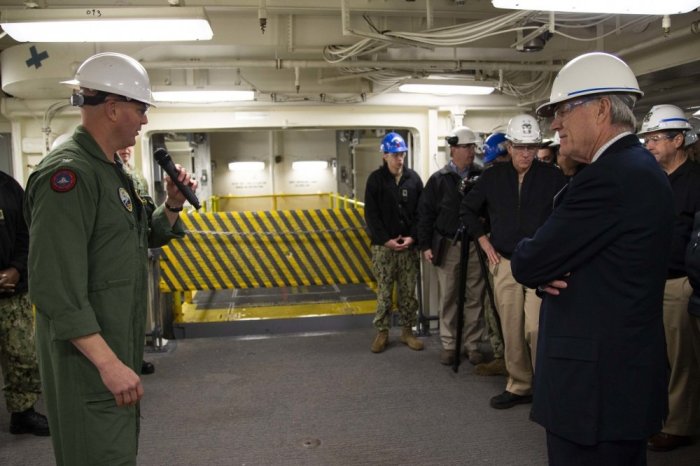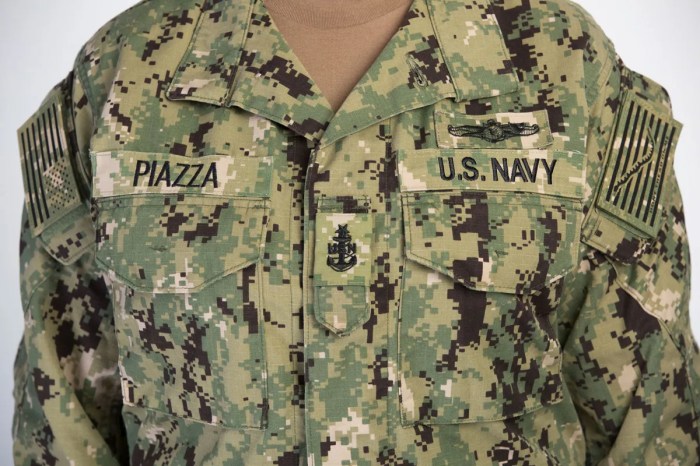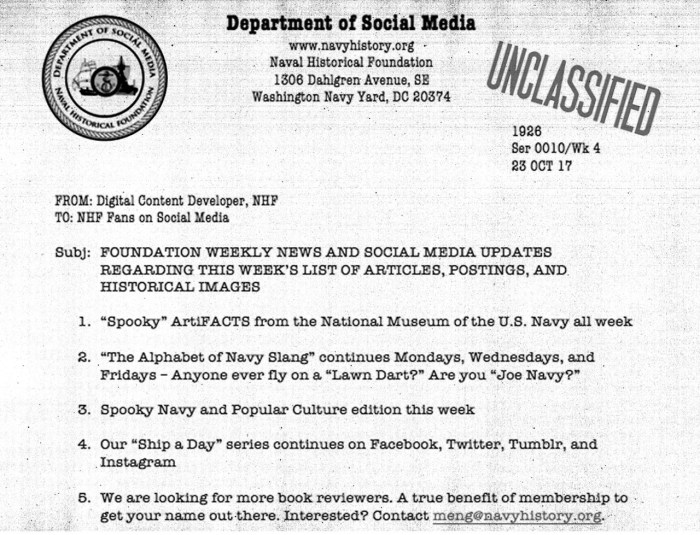Article 1110 of the U.S. Navy Regulations is a comprehensive framework governing disciplinary actions within the United States Navy. This article provides a detailed overview of the procedures, rights, penalties, and exceptions related to disciplinary matters, ensuring the fair and impartial administration of justice within the naval service.
The article Artikels the various types of disciplinary actions that can be taken, the procedures for initiating and adjudicating such actions, and the roles and responsibilities of the parties involved. It also emphasizes the rights of individuals accused of misconduct, including the right to due process, legal counsel, and other support systems.
Article 1110 Overview

Article 1110 of the U.S. Navy Regulations establishes the framework for disciplinary actions within the Navy. It Artikels the types of misconduct that can be punished, the procedures for initiating and adjudicating disciplinary actions, and the rights of accused individuals.
The article has a long history, dating back to the early days of the Navy. It has been amended several times over the years, most recently in 2019. These amendments have been made to reflect changes in the Navy’s policies and procedures, as well as to ensure that the article remains consistent with the Uniform Code of Military Justice (UCMJ).
Procedures for Disciplinary Actions

Initiating Disciplinary Actions, Article 1110 of the u.s. navy regulations
Disciplinary actions under Article 1110 can be initiated by any commissioned officer or warrant officer who has witnessed or has knowledge of misconduct.
The officer initiating the action must prepare a written report that includes the following information:
- The name and rank of the accused individual
- The date and time of the alleged misconduct
- A description of the alleged misconduct
- The witnesses to the alleged misconduct
- Any other relevant information
Investigating Disciplinary Actions
Once a disciplinary action has been initiated, the commanding officer will appoint an investigating officer to conduct an investigation. The investigating officer will interview the accused individual, the witnesses, and any other relevant parties.
The investigating officer will prepare a report that includes the following information:
- A summary of the evidence
- The investigating officer’s findings of fact
- The investigating officer’s recommendations
Common Queries: Article 1110 Of The U.s. Navy Regulations
What is the purpose of Article 1110 of the U.S. Navy Regulations?
Article 1110 establishes the procedures and guidelines for disciplinary actions within the U.S. Navy, ensuring the fair and impartial administration of justice.
What are the different types of disciplinary actions that can be taken under Article 1110?
Article 1110 Artikels a range of disciplinary actions, including non-judicial punishment, administrative actions, and court-martial proceedings, depending on the severity of the misconduct.
What are the rights of individuals accused of misconduct under Article 1110?
Individuals accused of misconduct have the right to due process, legal counsel, and other support systems to ensure a fair and impartial disciplinary process.
